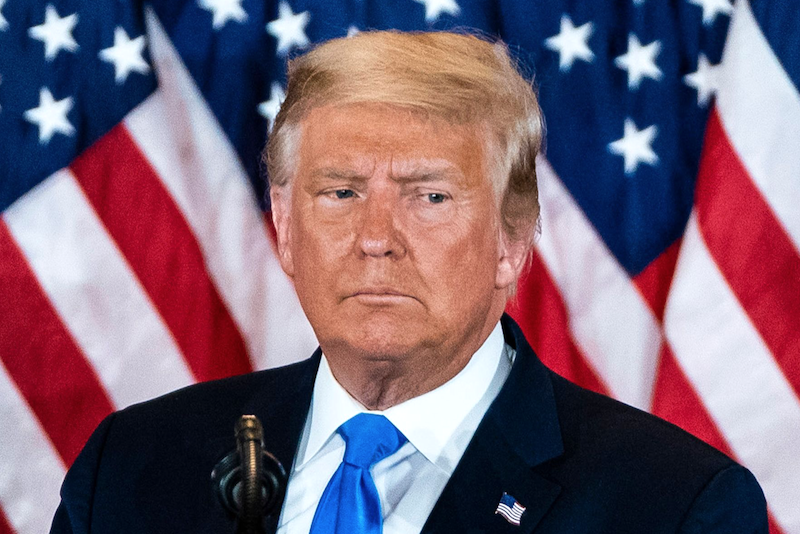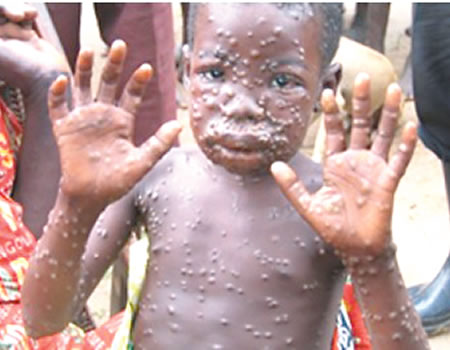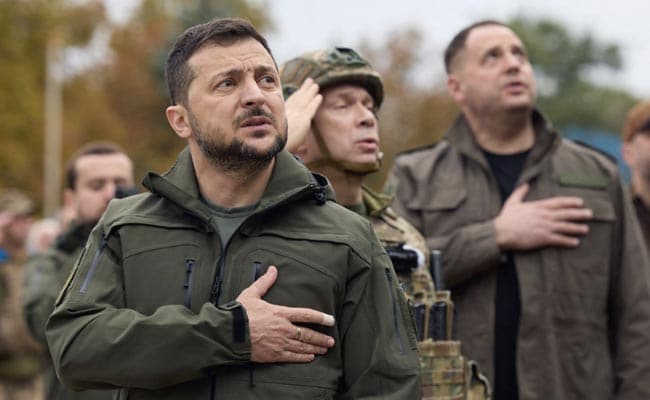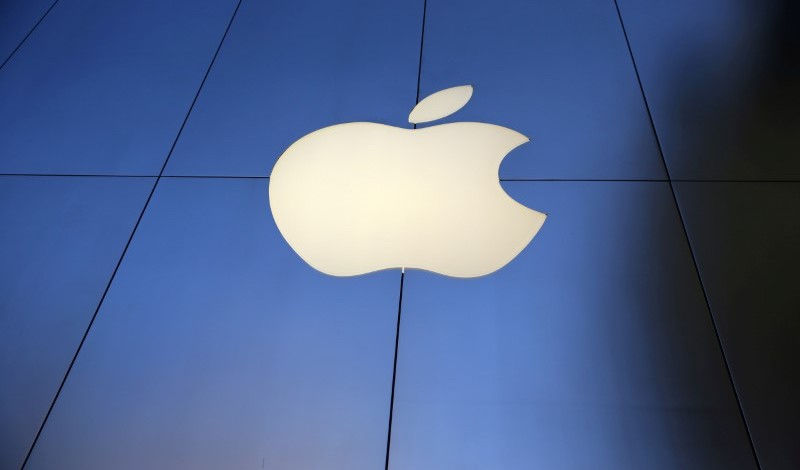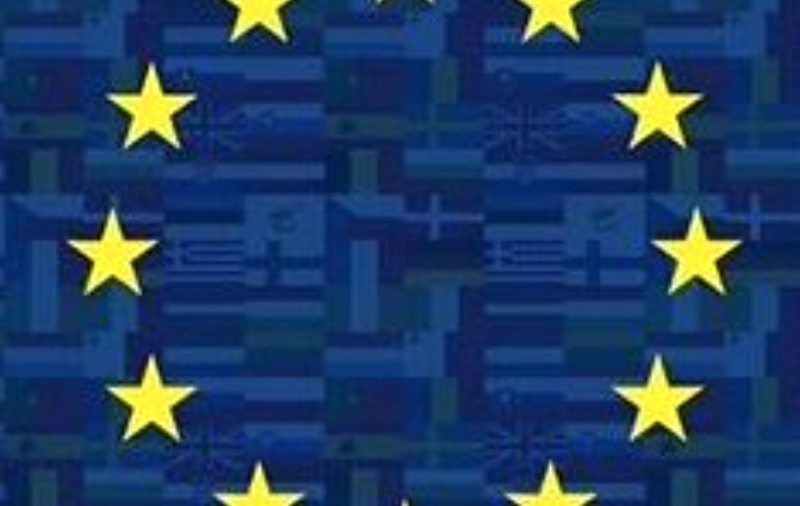In a tumbling world with shifty and shifting alliances, the European Union, EU met with its Nigerian and West African partners on Wednesday for a possible reset.
The twin meetings at the National Counter Terrorism Centre, Abuja, held under the shadows of France and United States losing military bases in the region to Russia and, claims that the two-some are in search of new bases. There are also other challenging developments such as a spike in coups, Niger, Mali and Burkina Faso exiting the Economic Community of West African States, ECOWAS and supposed democracies like Togo, subverting the democratic system.
The theme was about “Reducing vulnerabilities through partnerships” A session was a stakeholders engagement on “Nigeria’s defence and security perspectives” and the second, on “Regional defence and security perspectives.”
These meetings are coming on the back of a High-Level African Counter Terrorism Meeting in Abuja a few weeks ago and on-going “Strategic Dialogue” between the EU and the Tinubu administration.
Ambassador Samuela Isopi, the Italian diplomat who is Head of the EU Delegation to Nigeria and ECOWAS told the May 15, 2024 meeting in Abuja: “We live in a single security theatre. What happens in one region of the world directly affects another…Crises or conflicts that emerge locally can quickly become global, with more far-reaching consequences than ever before.”
Ms Isopi who has had diplomatic experiences in Russia, Vietnam, Afghanistan and Bosnia and Herzegovina posited that: “Threats are transnational, more complex and diverse, but the nature of the threats we face is increasingly similar. Hybrid, cyber and information manipulation are now the norm everywhere.”
Major General Adamu Luka, National Coordinator of the Nigerian National Counter Terrorism Centre, NCTC lamented that while West Africa, with diamond in Sierra Leone, gold in Ghana and oil in Nigeria, is a rich region, its people are very poor with 70 per-cent below the poverty line. He said democracy demands certain expressions such as good governance and children at school. He added that while it is true that Africa has a huge youth population, the large number of out- school-children, constitute a future problem. General Laka added sarcastically: “They say two heads are better than one, but two empty heads, are not.” He said there are talks about resilience but wondered if it is possible to be resilient on an empty stomach.
He traced the worsening security challenges such as that in Mali, to the overthrow of President Muamar Ghadaffi in Libya. He asked rhetorically how the EU is assisting in the fight against corruption and for good governance, adding that such challenges are recipes for terrorism.
Ambassador Pieter Leenknght, whose country, Belgium holds the rotating EU Presidency was more focused on misinformation, disinformation and the power of the press. He said the press can make threats look much bigger than they actually are, so some attention should be focused on these.
Ambassador Kalilou Traore of Cote d’Voire presented what he called the worst and best case scenarios. In the first, he said the coup epidemic continues, Mali, Burkina Faso and Niger Republic finalize their withdrawal from ECOWAS with some other countries joining them, terrorism continues and ECOWAS collapsing. In the best case scenario; coups stop, democratic elections are strengthened and ECOWAS, strengthens. The meeting he said, provides an opportunity to examine why things have not worked out well and how the situation can be changed. The 68-year old diplomat advocated for the stabilization of ECOWAS, and the polity in Member countries. He added that although democracy is a process, the costs including elections which sometimes take lives, is too high and should be checked.
Dr Cyriaque Pawomothom Agnekethom, ECOWAS Director of Peacekeeping and Regional Security in commenting on the three countries exiting ECOWAS, said the security treat we are facing is transnational, hence no single country can succeed in fighting them off. So, ECOWAS should continue to play the central role as it is best suited to check the threats. He said those who partner with the region should favour regional leadership. Such leadership, he counselled, should be locally owned so that it does not appear it is being teleguided.
Colonel Ademola Lawal of the Savanah Centre for Diplomacy, Democracy and Development, SCDDD made an interjection to which there was no coherent response. In noting the issue of military coups in the region, he asked, what about civilian coups? He described such coups as those executed by the civilian leadership of some countries who apart from capturing executive power, also exercise legislative and judicial powers and perpetuate themselves in office.
Dr Paul Andrew Gwaza of the Institute of Peace and Conflict Resolution argued that the trigger of insecurity are local so there is the need to localise initiatives and the ECOWAS. He said it is imperative to return to the vision of the ECOWAS of the People with focus on economic empowerment.
Ambassador Abdel-Fatau Musah, the ECOWAS Commissioner for Political Affairs, Peace and Security submitted that: “It is not just ECOWAS, but the world that lacks leadership.” He said the body’s vision to move from the ECOWAS of States to the ECOWAS of the People, has stuck in “the ECOWAS of States.”
He said ECOAWS wanted to institutionalize two terms in office for the Heads of State in the region but some wanted more dialogue, so the dialogue is on-going. He added: “You are as strong as your weakest link.”
The leadership problem in Member States, from his perspective, is not ECOWAS as an institution, but the people. He cited the cases of Burkina Faso and Gambia where the people rose to change their circumstances. In response to the ECOWAS silence on Togo where President Faure Gnassingbe is perpetuating himself in power by changing the constitution into a so-called parliamentary system that would ensure his continuation in power, Musah asked rhetorically: “ You talk about Togo, where are the forces in Togo?”
He regretted that apart from the big powers, “medium forces” especially from the Middle East are beginning to interfere in Africa.
Mr Paul Ejime, former War Correspondent disagreed with Mr Musah on subversion of the constitutional process such as in Togo, saying nothing stops ECOWAS from taking a position in such a case.
Ambassador Juan Ignacio Sell of Spain in giving a summary of the twin meetings said the EU wants to get things right and is ready to review its past work. The meetings he said, feed into the Schuman Security and Defence Forum of the EU and over sixty partner countries scheduled to hold from May 28-29, 2024 in Brussels.
As the Brussels Forum approaches, the question remains for how long would African countries remain recipients of EU generosity especially when ‘there is no free lunch anywhere, not even in Freetown.’

